COP29, hosted in Baku, Azerbaijan, is set to focus on climate finance. The issues set to arise include setting a new financial target, expanding the contributor base of climate finance, and questions of reporting and transparency. Many have been critical of the 29th COP being hosted in Azerbaijan due to its authoritarian system of government and poor track record on climate action—the impact of which can already be seen from the first week. Further, many key world leaders are missing from COP29, including the U.S., France, Germany, and China, which is expected to constrain the progress of this year's COP summit.
Key Issues to Expect in the 'Finance COP'
New financial target
This year's COP is expected to decide on a new collective quantified goal (NCQG) on climate finance, as the current $100 billion per year goal established in Copenhagen in 2009 must be replaced before 2025. The purpose of the NCQG is to set a financial target for developed countries to support the needs of developing countries in the green transition, as initially established in the 2015 Paris Agreement. The figures published by the United Nations in the draft negotiating text range from $1-2 trillion per year, yet where the final figure will sit within this range will likely depend on whether the contributor base is expanded and how it is agreed to measure climate finance contributions. Although the $1-2 trillion figure may seem like a drastic increase, it is important to note that when inflation since 2009 is factored in, simply doubling the figure, for example, would amount to making no increase at all.
Further, it is important to understand how this money is measured, which is according to the Rio markers (established during the 1992 Conference on Environment and Development). There are four markers established by the conference: biodiversity, desertification, climate change mitigation, and climate change adaptation. It must be determined whether one or more of these objectives is a significant or principle objective of the project or action in question. If one or more is a principle objective, then 100% of the budget is marked as climate finance, and if one or more is a significant objective, then 40% of the budget is marked as climate finance (and therefore counts towards that country's collective quantified goal).
Expanding the contributor base
Another key issue up for debate in the 'finance COP' is, 'Who contributes to global climate finance?'. Currently, contribution to the collective quantified goal is based on OECD membership, with 'Annex I' countries such as the US, western European countries, Australia, Japan, Canada, and New Zealand being the contributors, and 'Annex II' countries (non-OECD members) not being obliged to contribute. This division is based on a core principle of climate justice—that developed western countries have been the greatest historical contributors to climate change. However, there have been increasing calls to expand this contributor base due to the shifting global landscape since 1992, when these divisions were made. Indeed, fast-developing countries such as China, the Gulf states, South Korea, Russia, and Israel are at the top of the list for calls to expand the fund's contributor base. Particularly, China's increasing wealth alongside it's status as a 'big polluter' is causing tension in the international community and has driven calls for China to start contributing to climate finance.
Inclusion of loans in climate finance
Such questions of 'who pays?' and 'how much?' will be raised alongside the question of 'how will this be measured?'. Particularly, the question of whether to include loans in climate finance measurement and reporting is expected to be a contentious one, with developing countries pushing to exclude loans from climate finance while developed countries defend the need for private investment in climate action. Since 2016, roughly 70% of climate finance was from loans; thus, excluding loans would mark a significant departure from the status quo.
Impact of the Host Country, Azerbaijan
Many international actors have already critiqued the host country, Azerbaijan, as an inappropriate host for COP29 due to its authoritarian system of government. Indeed, Azerbaijan was essentially only chosen as the host for COP29 due to Russia and Ukraine's European allies vetoing each other's nominees.
Host countries of COP act as the 'Presidency' of the negotiations and can exert significant power over the process (and therefore the outcomes) through their role as the agenda setter. The Presidency also controls who goes into breakout sessions and at what time, along with the chairs of these sessions, which can have major implications for the direction of negotiations. Thus, the rapid developments of the Paris 2015 conference are unlikely to be repeated in this environment, as such outcomes require the host country to appoint ambitious people as heads of discussions (which Azerbaijan has not and will not do).
In this year's COP, Azerbaijan has already been seen to use it's presidency over the negotiations to drown out critical voices. Azerbaijan's President, Ilham Aliyev, used his opening speech to blame 'western fake news' for his country's emissions and called oil and gas a "gift from God". There has also been a notable lack of protests as compared to previous COPs, which has been called out by climate and human rights activists and is a direct product of Azerbaijan's repression of political opposition. In fact, currently, a 53-year-old LSE professor who researches Azerbaijan's oil and gas sector remains under house arrest after he was arrested on fraud charges last year, which Human Rights Watch has called "dubious". It is within this context that Azerbaijan has setup the only area for protest within the conference in a section that is not open to negotiators, essentially obscuring any demonstrations from public view. Conversely, fossil-fuel companies have seen significantly increased influence in COP29 under Azerbaijan's presidency in comparison to previous COPs. Notably, at least 132 oil and gas companies were invited to COP29 with special badges, which indicated that they were 'guests of the Presidency'.
Azerbaijan's Presidency of COP29, along with similar concerns regarding the hosts of COPs of the last few years, has led to a letter being published early on Friday morning that called for a reform of the COP summits. The letter claims that the COP summits are "no longer fit for purpose"—with" over 1,700 coal and gas lobbyists allowed entry to this year's COP—calling for reformed eligibility criteria for host countries. Signatories to the letter include a former UN climate chief, a former UN secretary general, and a former UN climate envoy.
Key World Leaders Missing
Key world leaders' delegations are noticeably empty at this year's COP, including the US, China, Germany, and France. Germany's Chancellor Olaf Scholz had planned to attend the summit until his coalition government collapsed in early November, whereas France's Immanuel Macron has reportedly boycotted COP29 due to it being hosted in Azerbaijan. Relations between the two countries have been strained since 2023, when France condemned Azerbaijan's military offensive against Armenian separatists in the Karabakh region. President Biden of the US will be skipping the conference for the second year in a row, which casts doubt over the scope for the summit to implement meaningful changes. Moreover, the absence of China's President, Xi Jinping, from the negotiations lessens the chances of a widening of the contributor base of climate finance, which China has already claimed would be a violation of the 2015 Paris Agreement. Overall, COP29 is much smaller than previous COPs, with large questions of climate finance to reckon with under less-than-ideal host conditions.



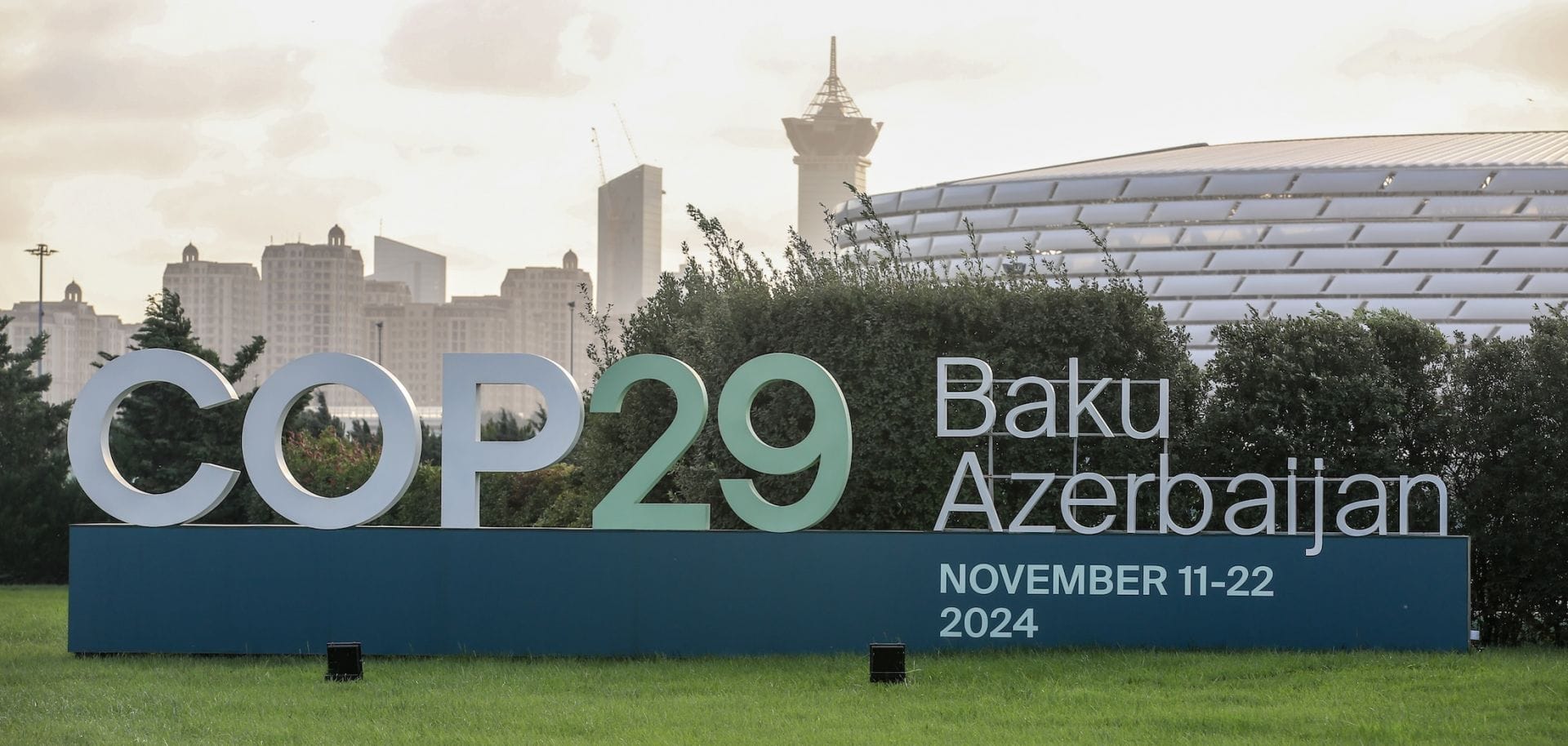
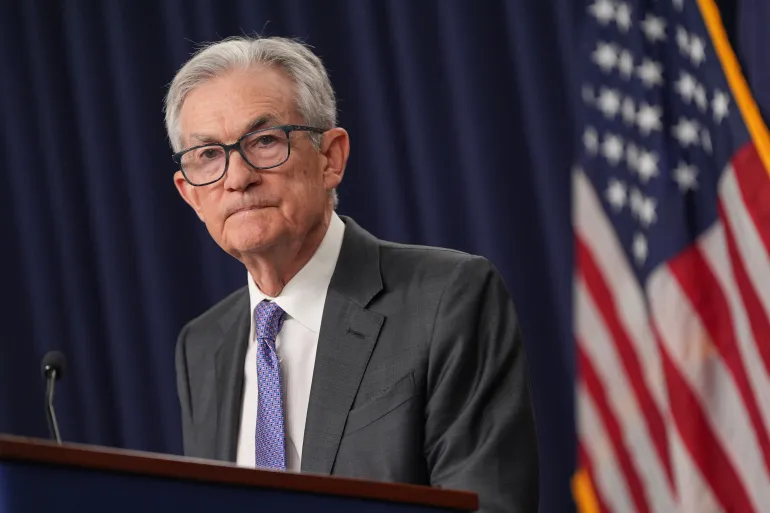

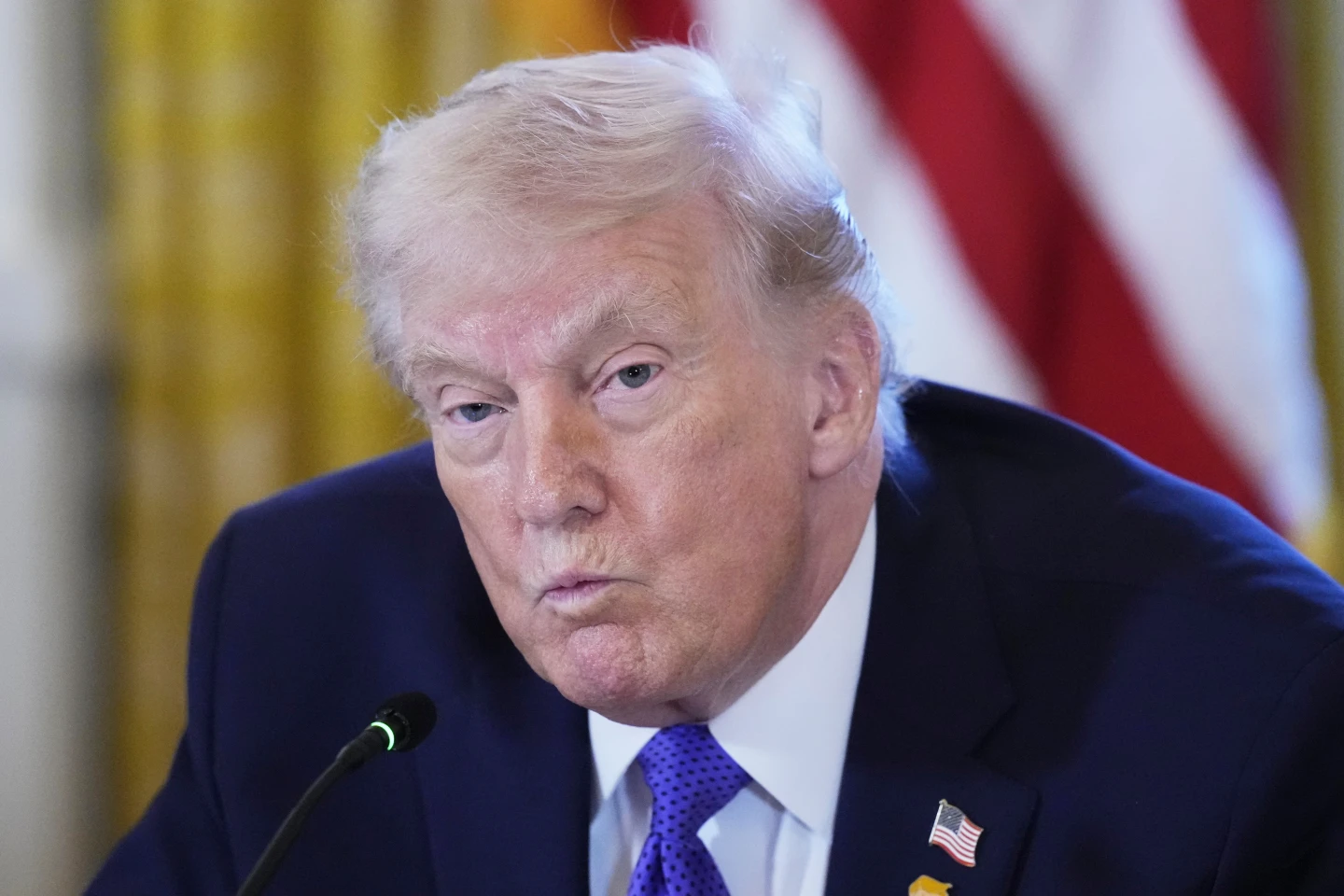
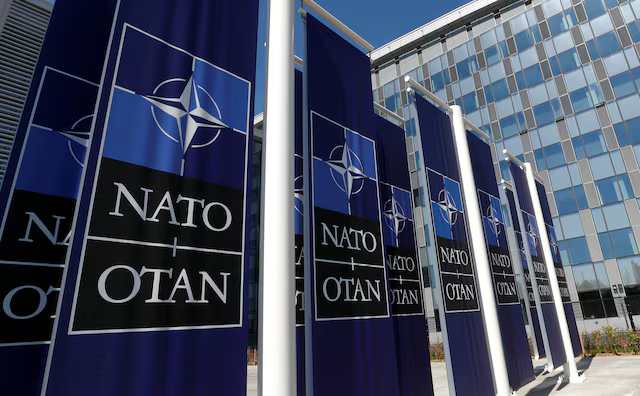
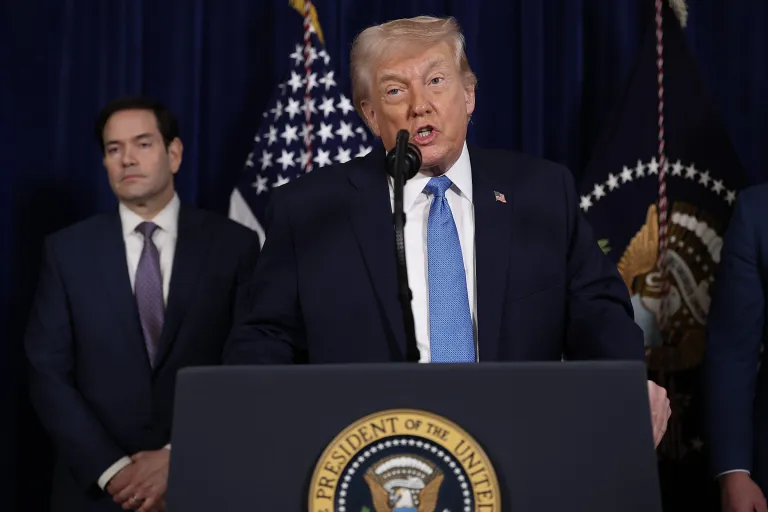
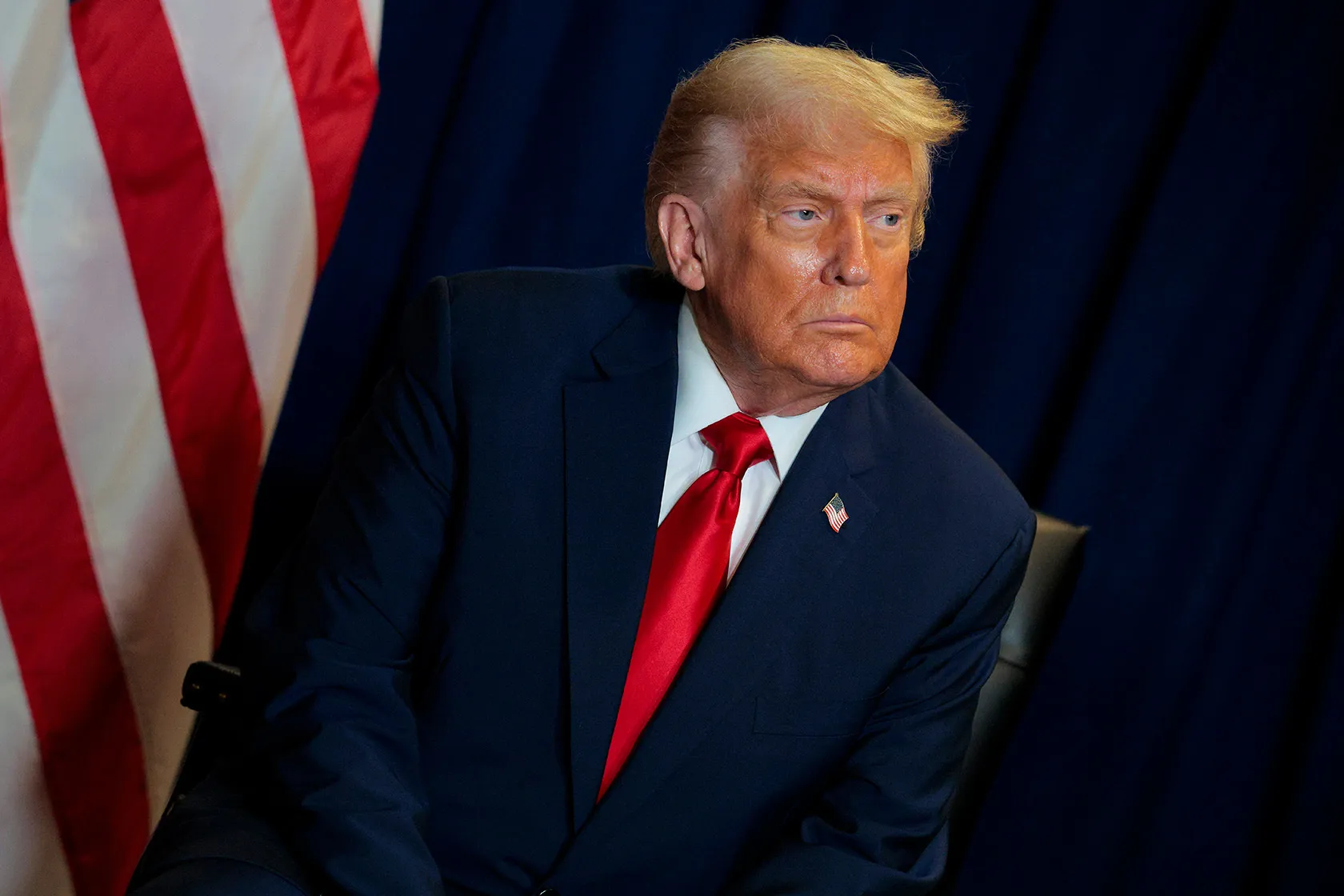
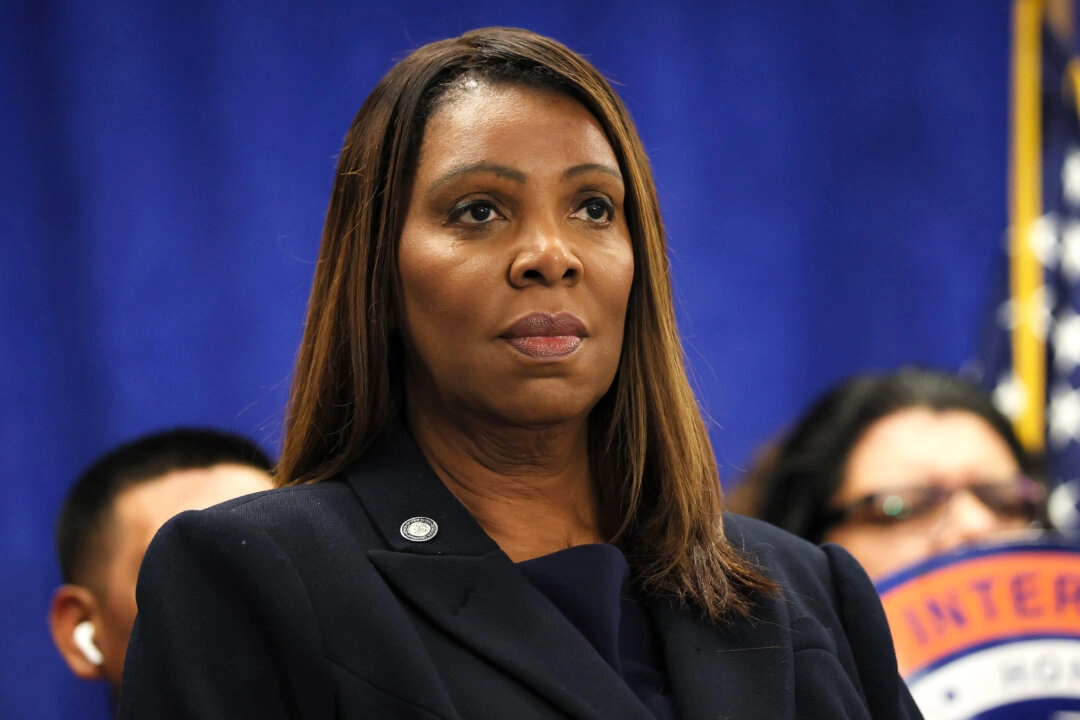
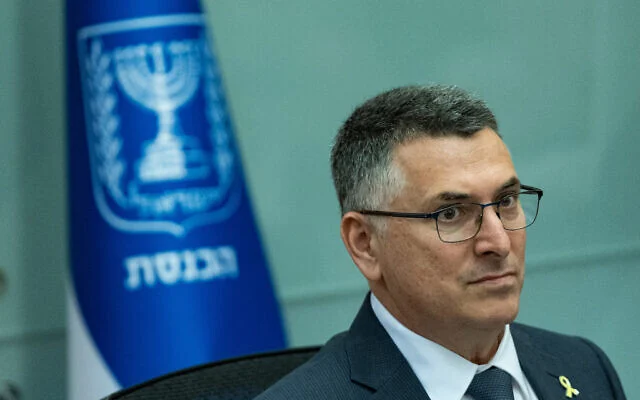
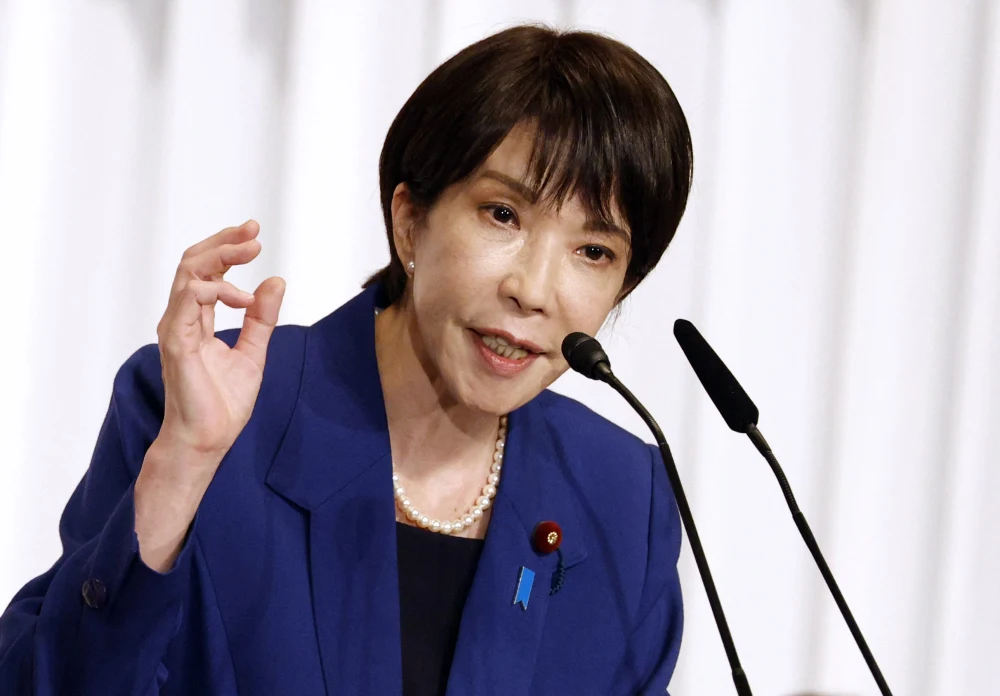
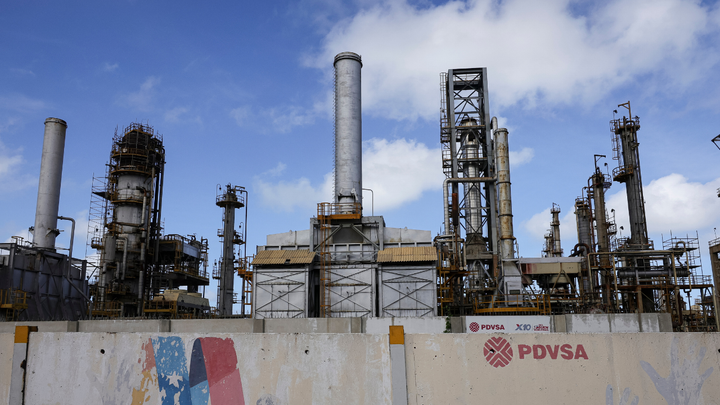
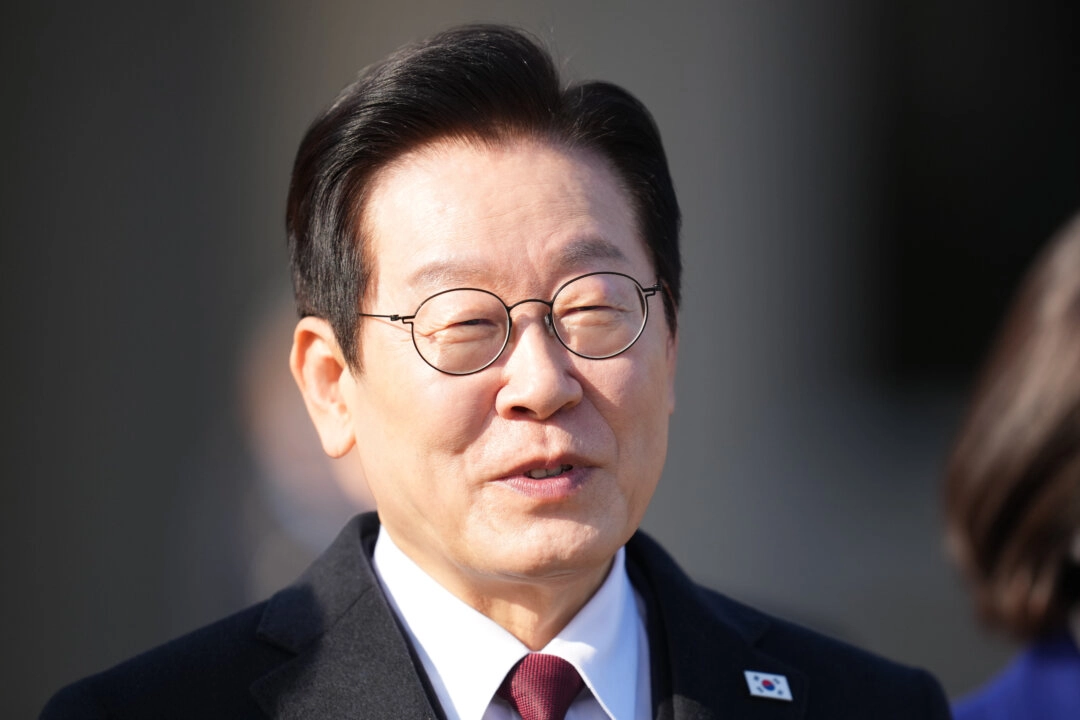
Discussion